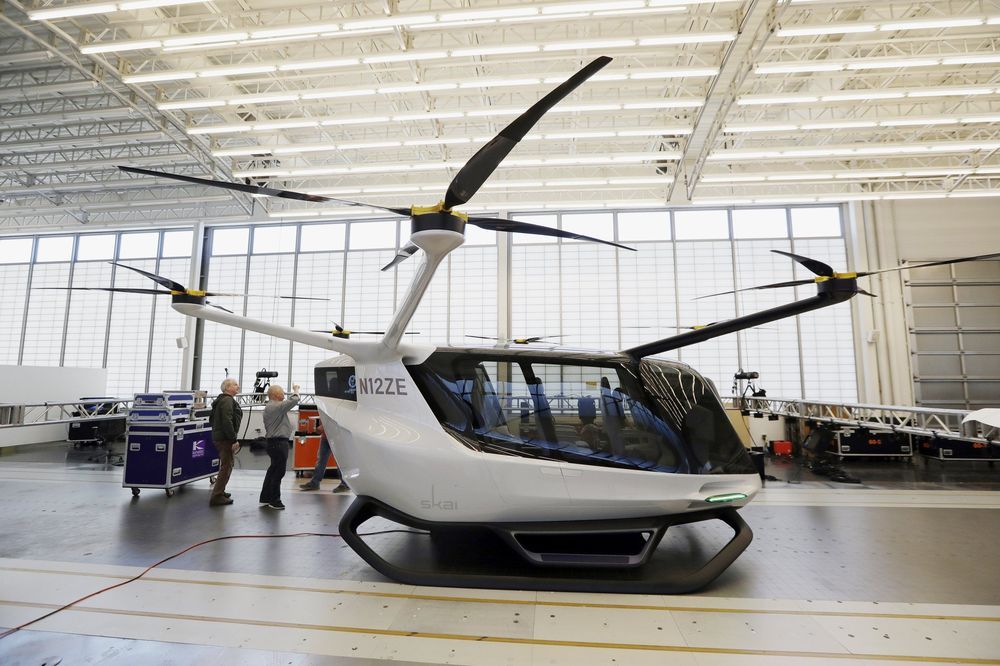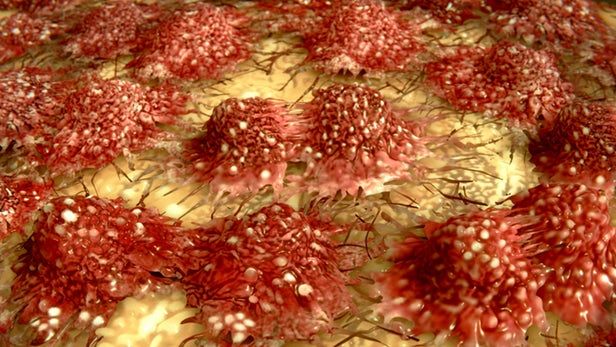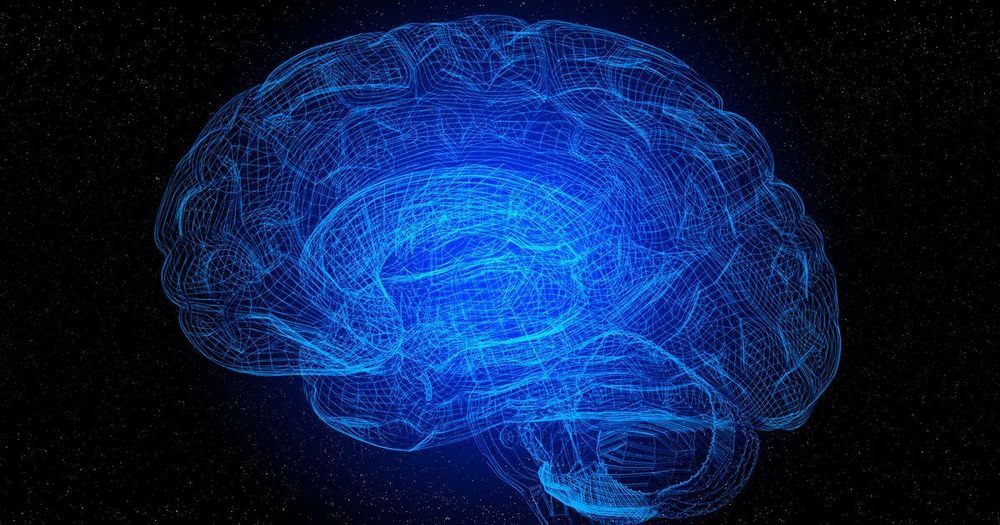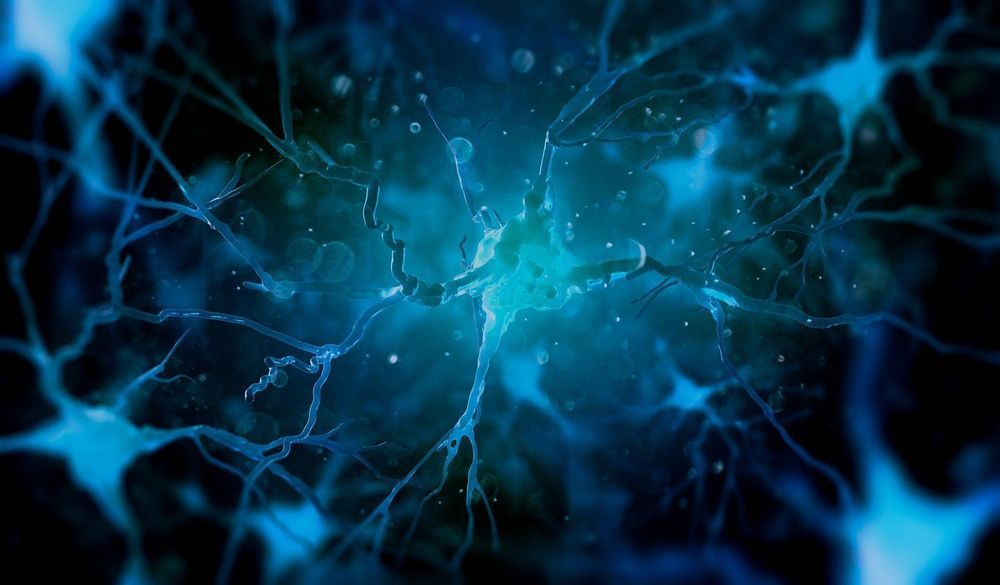Page 8789
May 29, 2019
Hydrogen-power electric flying vehicle: Long road to liftoff
Posted by Genevieve Klien in categories: drones, energy
LOS ANGELES (AP) — A transportation company is betting its sleek new hydrogen-powered electric flying vehicles will someday serve as taxis, cargo carriers and ambulances of the sky, but experts say they will have to clear a number of regulatory hurdles before being approved for takeoff years in the future.
With six rotors on the roof and seats inside for five people, a passenger model of the Skai (pronounced “sky”) unveiled Wednesday near Los Angeles resembles an oversized drone crossed with a luxury SUV.
Like a drone, the vehicle from Alaka’i Technologies takes off and lands vertically. It’s one of many similar electric flying crafts in production, including prototypes from Boeing and Airbus that made successful test flights this year, according to Vertical Flight Society, an industry group.
Continue reading “Hydrogen-power electric flying vehicle: Long road to liftoff” »
May 29, 2019
Ancient DNA Yields Clues to Past Biodiversity
Posted by Genevieve Klien in categories: biotech/medical, genetics
Surviving fragments of genetic material preserved in sediments allow metagenomics researchers to see the full diversity of past life — even microbes.
May 29, 2019
How Iron Man’s Stark Arc Reactor Would Work in Real Life
Posted by Quinn Sena in category: physics
Could Tony Stark’s arc reactor exist in real life? Probably not, but Gizmodo’s Ryan Carlyle made a valiant attempt to explain an almost realistic version of the science behind it. As a disclaimer, he warns, “Now, I’m mixing real science and fake science here. So physics nerds and comic-book nerds: Deal with it.”
May 29, 2019
Scientists discover why a promising cancer drug failed in clinical trials – and how to fix it
Posted by Genevieve Klien in category: biotech/medical
As promising as some treatments are in lab tests, unfortunately they don’t always meet hopes when translated to the real world. Now, scientists at Whitehead Institute for Biomedical Research have investigated a class of cancer drugs that failed in human trials, and found out why. Better yet, they went on to identify another drug that could finally make the treatment work.
May 29, 2019
This Volkswagen Prototype Has a Holographic Interface
Posted by Quinn Sena in categories: augmented reality, biotech/medical, holograms
O.o!
In what the German automaker is calling a “world premiere,” Volkswagen’s futuristic Golf GTI Aurora concept has a high-end sound system in its trunk that can be operated with a hologram.
You can leave your 3D glasses and augmented reality gloves at home: the hologram floats freely in the air and can be operated without any external aids. Though to be fair, VW is being very vague about the details of the technology behind the interface.
Continue reading “This Volkswagen Prototype Has a Holographic Interface” »
May 29, 2019
The ‘Godfathers of AI’ win Turing Award
Posted by Quinn Sena in categories: robotics/AI, transportation
Self-driving cars, voice assistants, and facial recognition technology are just a few of the advancements made possible by Hinton, LeCun, and Bengio’s work.
The award, named after British mathematician Alan Turing, carries a $1 million prize, which the trio will split. Previous Turing Award winners include Tim Berners-Lee, best known for inventing the World Wide Web.
Hinton is currently a top AI researcher at Google. LeCun is now at Facebook, working as the company’s chief AI scientist. Bengio has remained in academia but has worked with companies such as AT&T, Microsoft, and IBM.
Continue reading “The ‘Godfathers of AI’ win Turing Award” »
May 29, 2019
Can AI Detect Deepfakes To Help Ensure Integrity of U.S. 2020 Elections?
Posted by Quinn Sena in category: robotics/AI
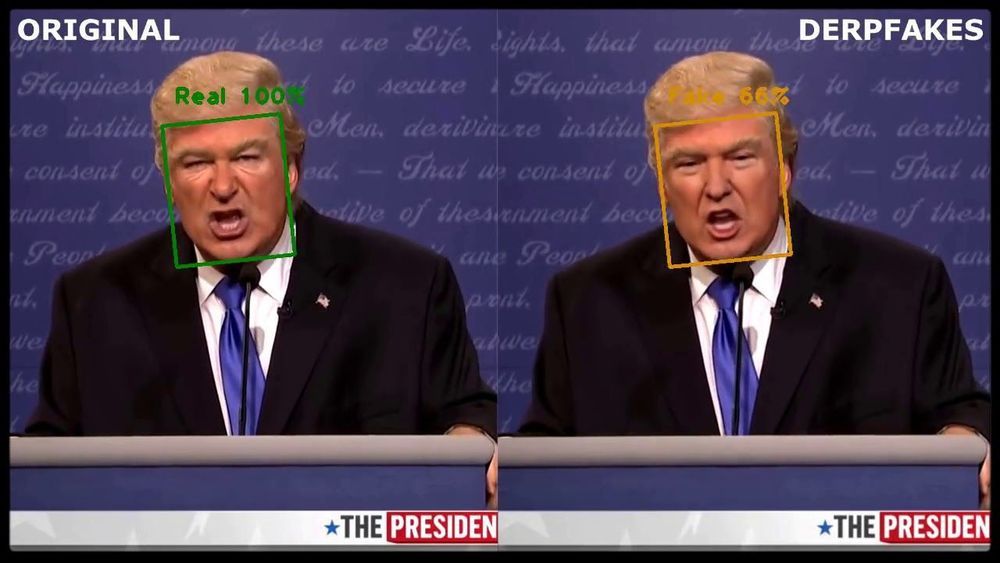
Startup Deeptrace is racing to develop automated detection of fake videos and images as U.S. 2020 elections loom.
May 29, 2019
Nanoparticles can aid in stroke therapy
Posted by Paul Battista in categories: biotech/medical, health, nanotechnology, neuroscience
Tiny selenium particles could have a therapeutic effect on ischemic brain strokes by promoting the recovery of brain damage. Pharmacologists, including Alireza Mashaghi from the Leiden Academic Centre for Drug Research discovered that selenium nanoparticles inhibit molecular mechanisms that are responsible for the loss of brain cells after a stroke. The results were published in Nature Scientific Reports in April.
Nanoparticles against strokes
An ischemic stroke happens when a supplying blood vessel to the brain is narrowed or obstructed. As a result, the brain gets too little blood. “This lack of blood can lead to brain tissue damage due to cellular toxicity, inflammation and cell death,” Mashaghi explains. “This will, in turn, lead to brain dysfunction and neurological complaints such as numbness, vision problems, dizziness and severed headache.” Ischemic stroke accounts for 87% of all strokes and is a significant cause of death. “So far, no neuroprotective agents have been shown to produce any measurable improvement in health in cerebral stroke cases. Our results now demonstrated that selenium nanoparticles inhibit molecular mechanisms that are responsible for the loss of brain cells after a stroke.”
Continue reading “Nanoparticles can aid in stroke therapy” »

